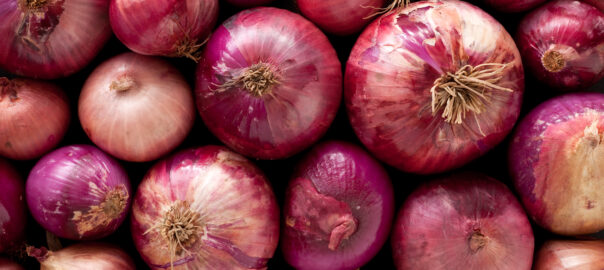In our busy lives, it’s easy to feel overwhelmed by the demands placed upon us, often leaving little room for our own well-being. This is something that is especially true for women, who frequently wear multiple hats and juggle numerous roles. Establishing healthy boundaries is crucial for maintaining balance and preventing burnout. By setting clear limits on what we will and will not accept, we can regain control over our lives, reduce stress, and enhance our overall happiness.
In this blog, guest writer and Mindfulness, Yoga and Stress Management Consultant, Bev Alderson, delves into the importance of boundaries and offers practical tips for creating and maintaining them in various aspects of your life.
Continue reading ▶






